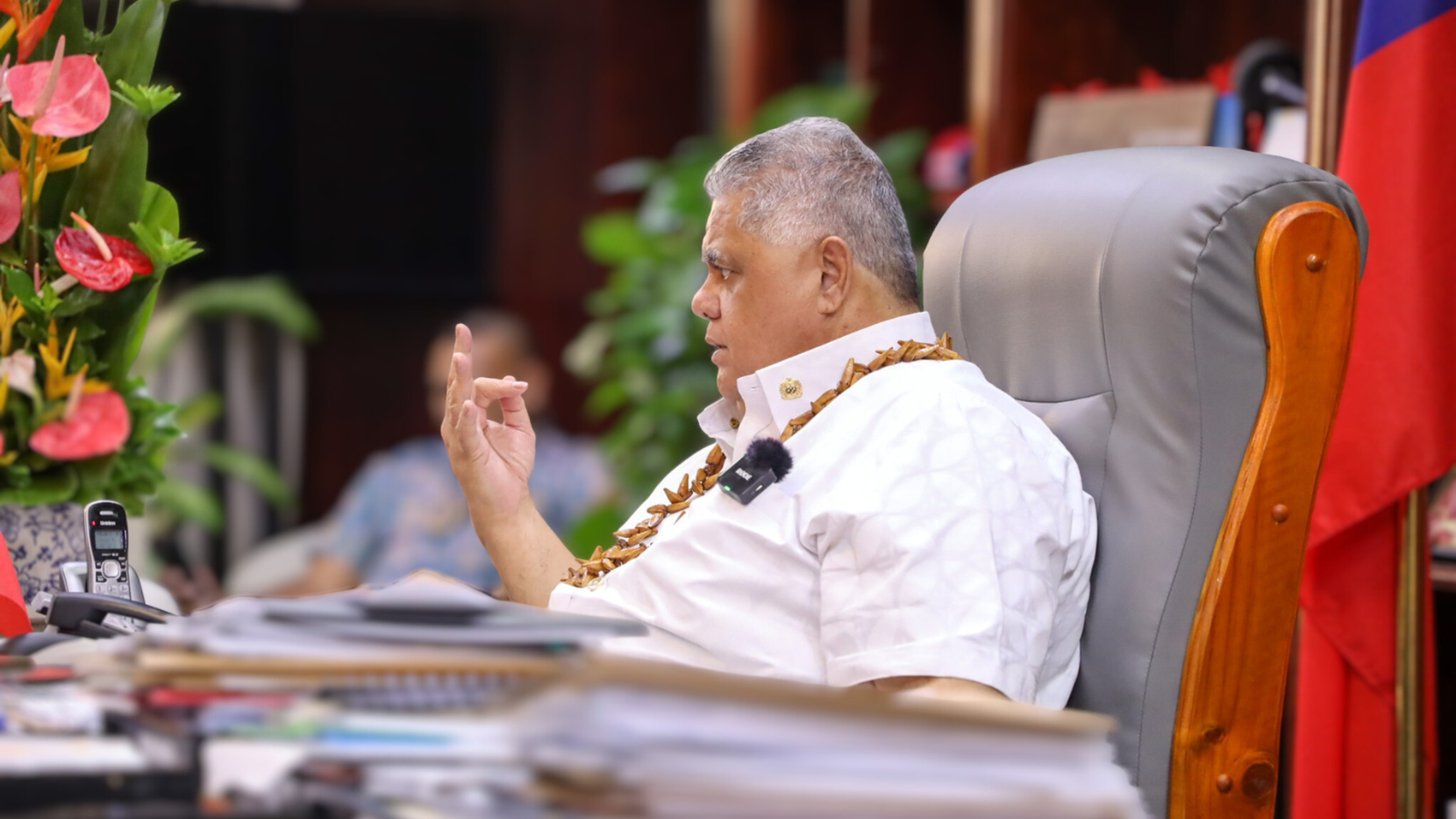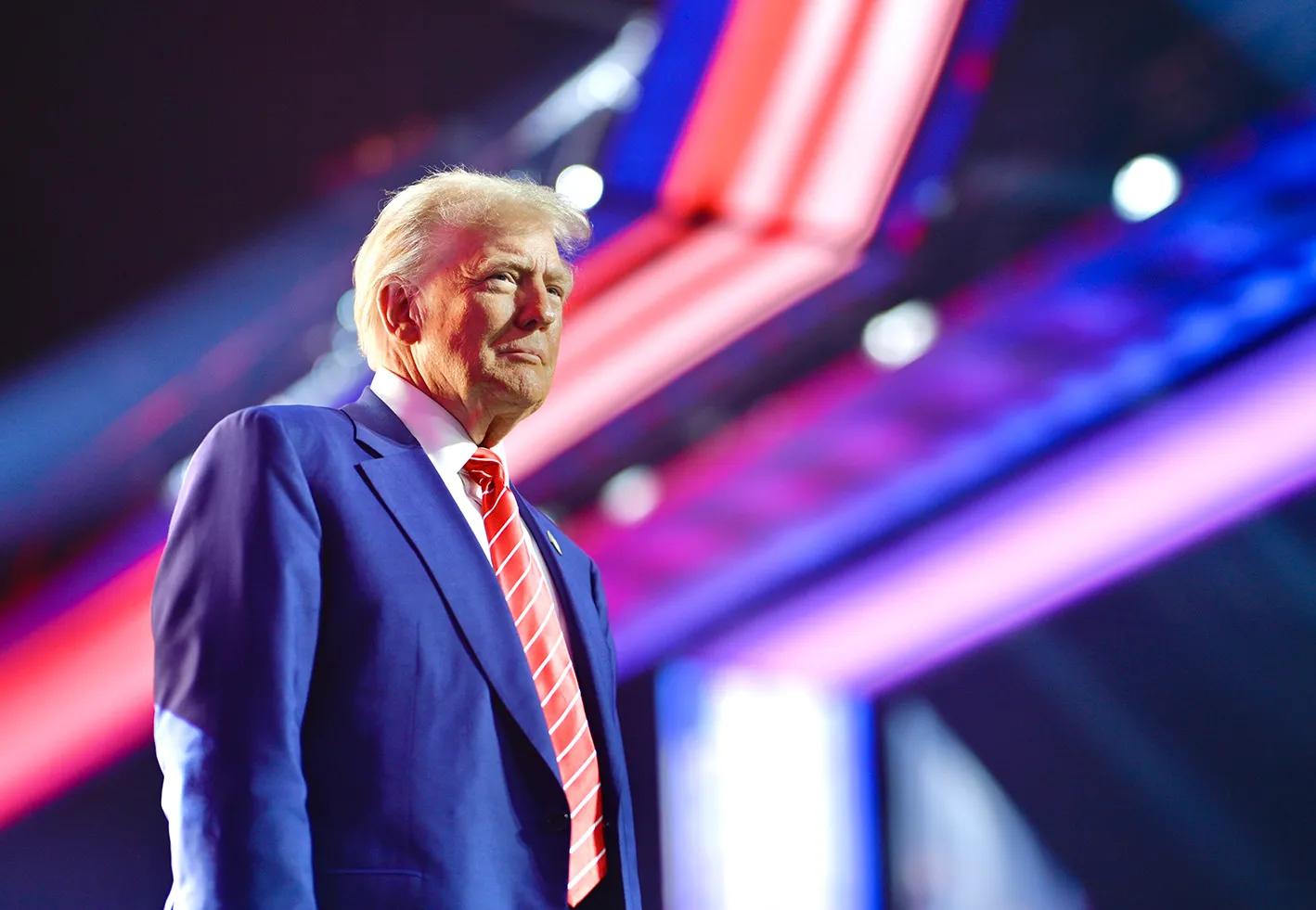

US presidential candidates Donald Trump (left) and Kamala Harris squared off in an election debate.
Image AFP/File
‘She rattled Trump’: Harris flipped script in US presidential debate
The US presidential debate saw Vice President Kamala Harris effectively challenge former President Donald Trump, but international relations expert Geoffrey Miller says Harris is navigating a tricky balance.



From Kelston to Canterbury: Pasifika engineering student awarded scholarship

Cook Islands tax data show $39m tourism growth to $317m

From South Auckland to Waratahs: Family drives Moananu’s Super Rugby journey


Sāmoa Prime Minister’s conspiracy case ruling postponed again

From Kelston to Canterbury: Pasifika engineering student awarded scholarship

Cook Islands tax data show $39m tourism growth to $317m

From South Auckland to Waratahs: Family drives Moananu’s Super Rugby journey
Many were expecting a spectacle in the latest US presidential election, but what surprised many was a shift that put Republican candidate Donald Trump in defensive mode to Democrat Kamala Harris.
“She rattled Trump,” says international relations expert Geoffrey Miller. “She almost made Trump look like the incumbent and she made herself look like the outside challenger, which remember, is not really the case, she's a serving vice president and Trump is meant to be the challenger.”
Trump’s talking points included mentioning his former opponent Joe Biden, remarking that “[he] doesn’t know he’s alive”, leading Harris to remind Trump, “you’re not running against Joe Biden; you’re running against me”.
Whilst the first debate triggered the end of Biden’s campaign, Miller said the new lineup with Harris failed to deliver the zingers viewers may have expected.
“I think it was a win for Kamala Harris, but it was a win on points rather than an absolute knockout blow. Back in June, Trump really landed a knockout blow on Joe Biden. I don't think the reverse was true here.”
The Philadelphia debate was a chance for the American public to see Kamala Harris in action against former President Trump, said Miller.
“Perhaps we feel that we know Kamala Harris a little bit better because she had been so invisible. She hadn't really put herself up to a lot of scrutiny. I think she's now passed that test. She can perform in a 90 minute debate.”
However, Miller said Harris is navigating a campaign where she has to defend her record as vice president for the past four years, and offer something new.
“Voters didn't want Joe Biden in the end and that was why Joe Biden stepped down and withdrew from the race, so it is quite a hard one for her because she's both an incumbent and also a newcomer.
“She's got to kind of thread the needle on that point but I don't think we'll perhaps know until after the election what her true views are when it comes to issues like foreign policy.”
Rants and rabbit holes
Miller said Trump was at his best when he stuck to the facts on inflation and the economy, a major concern for voters from all sides.
“He talked about the prices of everything now being about 25 per cent higher than three years ago, and for some items it was 50, 60 per cent higher, and I think that very much matches up with a lot of Americans' experiences.
“They're being told that the economy is going gangbusters, inflation is down to 2.5 per cent, unemployment is around 4 per cent, stock market is at record highs, and yet they don't feel that they're any better off.
“In the end, the gains over the pandemic and after the pandemic have been unevenly distributed.”

Photo/The White House
Verbal blows included Harris chiding Trump’s business record “filed for bankruptcy six times” and being “confused” about the 2020 election result, and that people leave his rallies early due to “exhaustion and boredom”.
Trump countered by mentioning Harris’ upbringing: “Everybody knows she’s a Marxist. Her father is a Marxist professor in economics and he taught her well”, before he accused the Democrats for “allowing criminals into the country” and suggesting migrants were “eating the dogs, the people that came in, they’re eating the cats”.
Miller said Trump was kept busy justifying his wealth and maintaining that people did enjoy his rallies instead of debating on political issues such as challenging Harris on her economic record over the last term.
“He just went down all the rabbit holes. He fell into every trap really that Kamala Harris carefully laid for him.”
What does this mean for the Pacific?
Speaking to William Terite on Pacific Mornings, Miller said the Pacific could benefit from either candidate taking the White House in November, but their interest in the Pacific stems from different factors.
“The fact that Joe Biden established a summit between the United States and Pacific Island countries up in Washington, it's given Pacific countries a seat at the top table, and the United States has tried to show interest in Pacific issues, particularly when it comes to climate change.
“I think you can debate about whether they actually are and whether it is just simply a byproduct of the competition with China, but they've tried at least.
“I doubt very much Donald Trump's going to say I'm interested in climate change and helping Pacific countries, they still might be the benefit of largesse under his policies though, because in the end, Donald Trump, if he wants to really stick it to China, he's gonna want the support from countries around the Indo-Pacific.
“So maybe it all adds up to the same, but it will definitely be a different tone.”